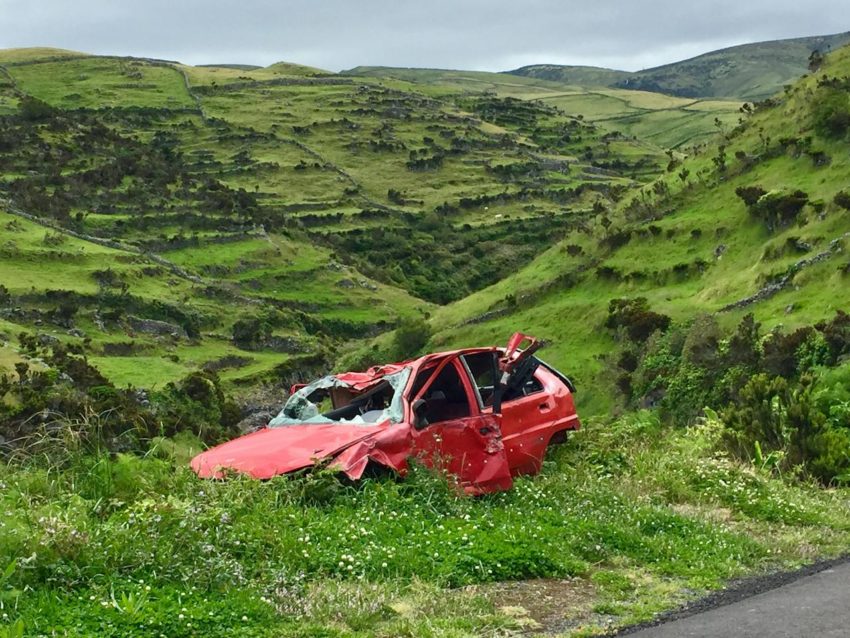
Getting into a car accident can be a jarring experience, especially for a new driver. It’s important in the aftermath to stay focused on the next steps rather than panic. Assessing the situation calmly, contacting an attorney and knowing state protocols is key to safely resolving the incident.
Stay Calm and Assess the Situation
Take stock first of whether you or any passengers have been injured before inspecting damage to the vehicles. If there are no major injuries, move your vehicle safely out of traffic to avoid further collisions. Turn on hazard lights and take a moment to collect yourself.
Exchange Information Honestly
If another vehicle is involved, exchange contact details and insurance information with that driver, even for minor collisions. Document their name, phone number, license plate and insurance. Also, provide them with your own information. Ask to take pictures of the vehicle damage and accident scene as documentation.
Do not automatically place blame or make statements that the accident was your fault, even hypothetically. Be honest in just presenting the facts without speculation when filing the police report later. Admitting fault may impact later insurance procedures and legal questions around negligence.
Notify Authorities
Most states legally require contacting law enforcement after an accident involving major injuries, death or significant vehicle damage over a few thousand dollars. When in doubt over the accident’s severity, err on the side of caution by calling 911 so officers can properly decide if an official report is necessary.
Cooperate fully and honestly when providing statements for the formal accident report. Any discrepancies between accounts given at the scene versus later to insurance investigators may negatively influence later fault determinations and claims processes. Total candor about what happened is key, even if the details do not reflect favorably. If you are injured or the insurance company is not playing fair, they may need your help contacting an attorney. Err on the side of caution and seek professional advice.
Contact Your Insurance Provider
Once the necessary information has been collected at the scene, promptly contact your insurance company to file a claim. Furnish them documentation like police reports, photos, contact details for other involved parties, and a truthful narration of events leading to the accident. There are often short time limits on when claims must be submitted.
Work transparently with the claims adjuster through each step of the process. This gives the best chance for having repair costs or replacement expenses covered for the vehicle damage incurred. Ask what policy provisions exist for short-term rentals while your car is out of commission and if there are any age limitations on acquiring one.
Learn From the Experience
While no accident is welcome news, reflecting on the contributing factors and reviewing state protocols can impart valuable knowledge for the future. Consider enrolling in an advanced driving safety course as well to reinforce proper defensive driving techniques. Knowing the appropriate post-accident response by heart helps ensure drivers and passengers remain safe. Make sure they know that contacting an attorney is for their own safety.
Drive home the point to your teens the need to stay attentive on the road by minimizing distractions and following traffic safety rules. It can’t be said enough that there should be no texting while driving and no drinking and driving….EVER. While mistakes happen, focusing again on caution and preparation makes future accidents less likely down the road.